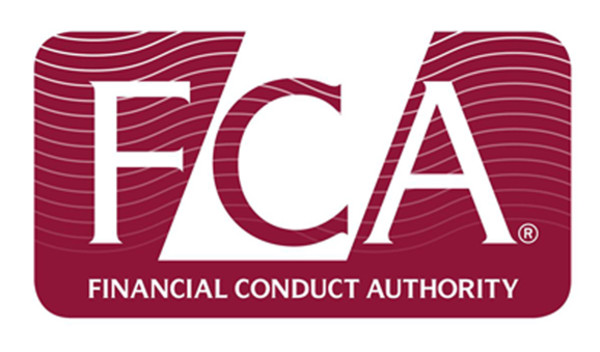When Mark Steward arrived at the FCA from the Hong Kong Securities and Futures Commission as its new director of enforcement, sitting on the top of the pile in his in-tray was Andrew Green QC’s report, commissioned by FCA and PRA, into the FSA’s enforcement actions following the failure of HBoS.
This document contains a scrupulous analysis of the FSA’s processes and decision-making regarding that case. What came under particular scrutiny were the decisions that were taken by FSA enforcement regarding which senior individuals should be put under investigation and why (or why not).
In that report, Mr Green cut to the core of what he saw as the fundamental flaw in the FSA’s approach to the use of its enforcement powers in these circumstances.
Decisions were taken as to whether or not individuals should be put under investigation on the basis of the FSA’s ex-ante assessment of the prospects of success of taking action against those individuals.
This approach was no doubt driven by a pragmatic and prudent regard for using the FSA’s limited investigation resources most effectively.
But on Mr Green’s analysis, this approach put the cart before the horse. An evidential assessment of the prospects of success of a case can only properly be performed after sufficient investigation of the facts.
This tenet is fundamental to the FCA’s approach to enforcement in the world post the Green report, and since Mark Steward’s arrival at the helm. Decisions to open FCA investigations are now taken strictly on the statutory test of whether there are “circumstances suggesting” misconduct has occurred.
Of course, there is also an assessment of whether the suspected misconduct is sufficiently serious to merit investigation. That assessment is a judgment based on the harm or potential harm that the misconduct may cause to consumers or the integrity of the markets.
Shift of power
However, what is in no doubt is the consequence of this approach is that the number of investigations opened has swelled enormously over the past two years, with nearly three times as many investigations opened during 2017/18 than had been opened in the financial year prior to Mr Steward's arrival.
What is also true is that increasingly the focus of FCA investigations is on the role of senior management and accountable individuals.
How all these investigations are resourced is proving a challenge to the FCA, which has responded by seeking to improve efficiency through enhanced case management and oversight.
Not all of these investigations will result in enforcement action, and the FCA says that it expects proportionally fewer of them will do, given that it is opening investigations on a lower evidential threshold.











